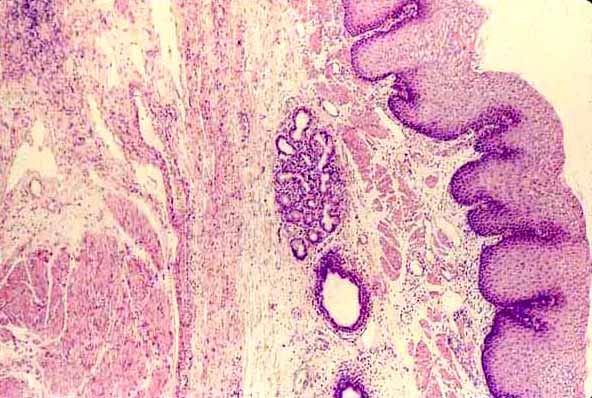Pathology Residency Personal Statement #2
As a bridge between biomedical research and clinical medicine, pathology is the key to correct diagnosing disease and therefore has tremendous impact on patient management. It is an intellectually challenging yet rewarding specialty. With advancements in biomedical research, pathology is expanding rapidly and gaining strength in deciphering the etiology of diseases. [ad#bannermain-plain]In such an exciting era, I have decided to pursue pathology residency training which, I believe, will provide a new platform for me to accept new challenges, make contributions toward optimal patient care, and gain a more rewarding, colorful and invaluable life experience in return.
While enjoying taking care of a diverse population of patients and earning their respect and gratitude during my internal medicine residency, I witnessed many sad events including the deaths of cancer patients. With a deep desire to understand more about the nature of human diseases and what scientists can do to conquer them, I decided to pursue a Ph.D. in medical science. In 1992, I was very fortunate to be accepted into the Ph.D. program in molecular medicine at Large University, Japan. There, my research focused on the calpain/calpastatin system, important in the development of drugs for heart and brain ischemia. I was also involved with human T-cell leukemia research. After earning my Ph.D. in 1996, I came to the United States for my postdoctoral training, first at the University of California, Large City, where my research was focused on c-Abl/Bcr-Abl and CML, and then at the University of California, Small Town, where I focused on nuclear hormone receptor coactivators and prostate cancer, breast cancer, and leukemia. Along with my colleagues, I have published numerous papers in peer-reviewed journals including Nature, PNAS (Proceedings of the National Academy of Sciences of the United States of America), and JBC (Journal of Biological Chemistry). Through my research, I realized that pathology would be the specialty that will ultimately complements my interests and abilities.
While I have never lost sight of why I pursued research in the first place —to understand and practice medicine better — it was not until recently that I had the time to study and pass the exams required for residency application. Meanwhile, in order to familiarize myself with the U.S. health care system, I have been observing Dr. R in the Department of Internal Medicine at a private hospital for inpatient care in Suburb, California since January 2007. I have also been doing an observership at a private clinic for outpatient primary care in Some Town, California since May 2007.
[ad#bannermain-plain]
I enjoy both clinical medicine and medical research. Pathology would be a perfect fit for me. I have a solid clinical knowledge base having completed 4 years of internal medicine training in addition to recent US experience. In addition, my research activities have helped build my knowledge base and problem solving abilities. As a lifelong learner, I love to read and absorb new ideas and theories. Furthermore, I am a careful and detail-oriented person because I fully appreciate the fact that any mistake might cost a patient’s life and happiness. I can also communicate effectively, and perform under pressure. My background has provided me with a solid foundation to build these qualities into career skills.
Mature, well-rounded, and determined, I am ready to pursue a pathology residency to achieve my goal of becoming a pathologist ideally in an academic setting with the opportunity to provide optimal care to patients and perform clinical and translational research.


hi ,
can any one please tell me what is the difference between statement of career objective, statement of career goals and statement of purpose or personal statement.
please help me out since i am applying for a residency programme in pathology kindly advice.
These are all similar. The statment of purpose or personal statement are what you see here on this website, mdpersonalstatements.com
A statement of career objective/career goals would be a brief letter summarizing your past experience, then a more detailed discussion on the type of work you wish to do and what kind of eventual career you want (e.g. academic pathologist, breast pathologist, county coroner’s office, etc)